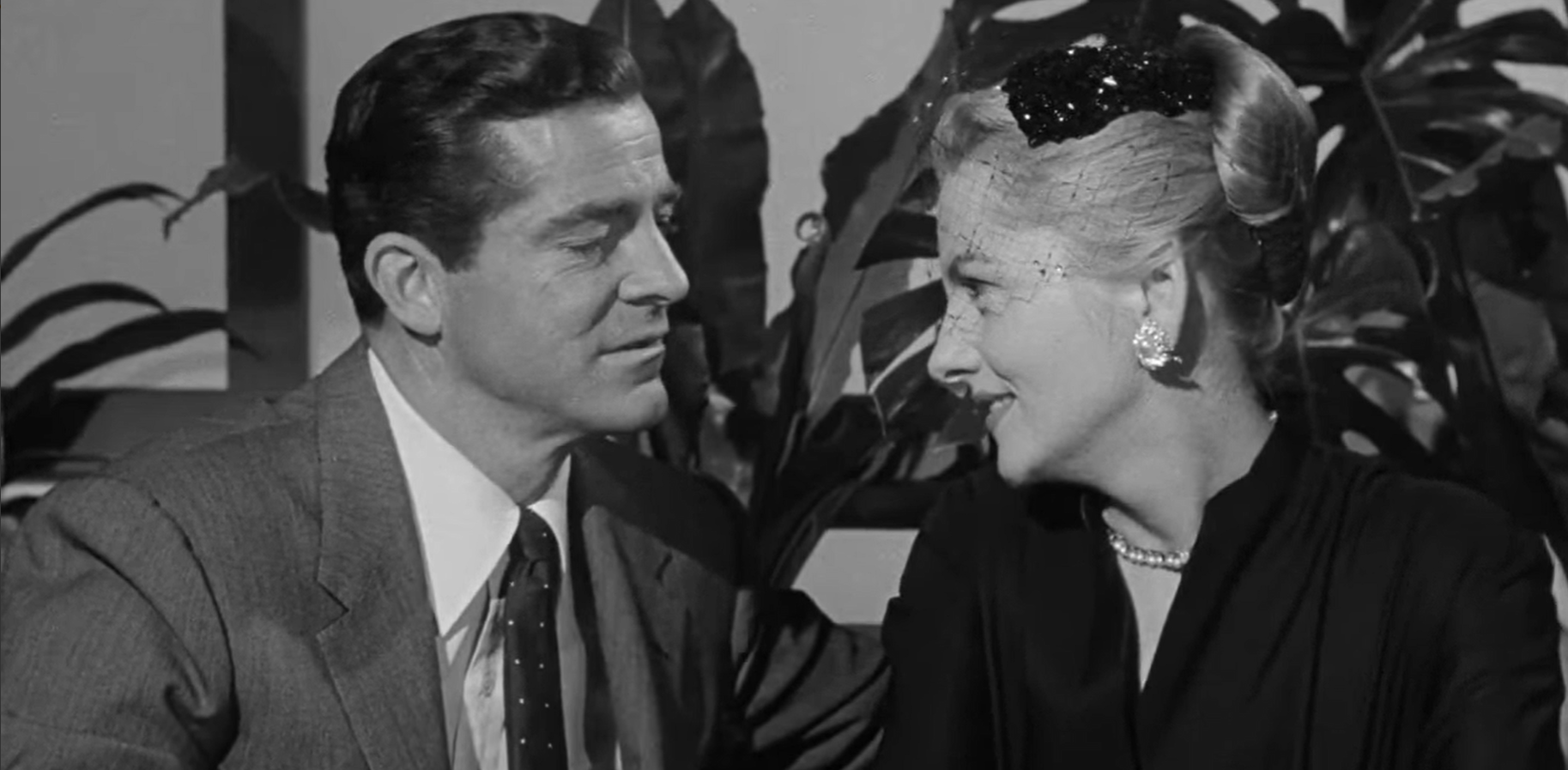Fritz on Fridays: Beyond a Reasonable Doubt
Beyond a Reasonable Doubt is more sadistic than bleak.

On the first Friday of every month, this column by critic Joshua Polanski will feature a short review or essay on a film directed by Fritz Lang (1890-1976), the great Austrian “Master of Darkness.” Occasionally (but not too occasionally), Fritz on Fridays will also feature interviews and conversations with relevant critics, scholars and filmmakers about Lang’s influence and filmography.
University of Arkansas literature and culture professor Keith M. Booker calls Fritz Lang’s last American film, Beyond a Reasonable Doubt, his “bleakest.” In an experiential sense, Booker is right. The sensation of watching Lang’s final American film is certainly one of the bleakest for the longest portions of almost any movie in his filmography. This is no war propaganda picture like American Guerrilla in the Philippines, a swooning romance like You and Me, nor a righteous vindication of political resistance like Hangmen Also Die! But “bleak” doesn’t quite fit. (For what it’s worth, a year plus into this column, I consider Human Desire and its cutting rejection of love to be Lang’s bleakest work.) Beyond a Reasonable Doubt is more sadistic than bleak, though, as its twist ending does more than sever itself from political hope. One could even call the finale self-deprecating.
Like many screenplays Lang adapted, Douglas Morrow’s script puts a man in a pickle of guilt and innocence — and like a good game of tennis, the upper hand shifts by the moment. Newspaper editor Austin Spencer (Sidney Blackmer) opposes the death penalty and wants to stick it to the pro-capital punishment district attorney. He does so by convincing Tom Garrett (Dana Andrews, carrying a light lisp) into a conspiratorial plot to plant false evidence at a crime scene, get himself found guilty of murder and only then reveal photographic evidence of them planting falsely incriminating evidence at the crime scene as part of a plot to humiliate the conservative district attorney. Lang gets the last laugh though as Tom, in a move impossible to anticipate, lets slip a fact about the victim in a conversation with his fiancée, Susan Spencer (Joan Fontaine), from which innocence would have shielded him.
Continue reading at the Midwest Film Journal.